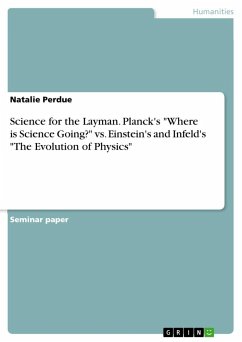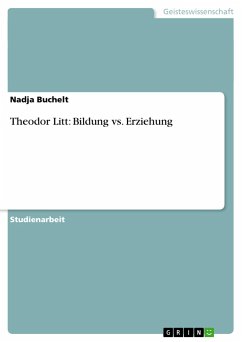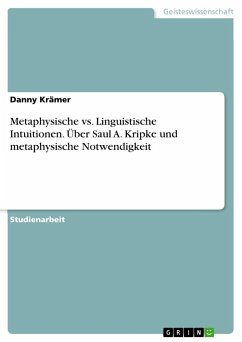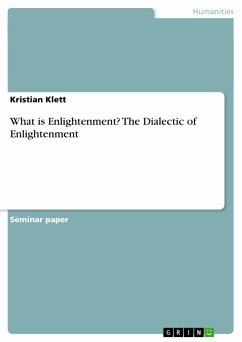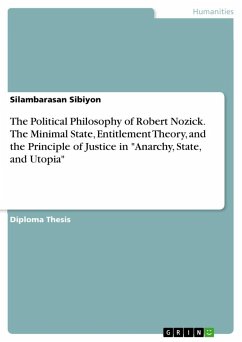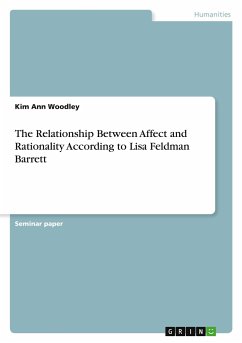Seminar paper from the year 2018 in the subject Philosophy - Philosophy of the present, grade: 95.5, American Public University System, language: English, abstract: Communication between scientists and the public is strained. On one side, scientists are not writing for the lay reader nor making it a priority to disseminate the latest discoveries among average readers; and on the other side, the public is frustrated and distrustful of science¿s ever-changing nature, and humans have psychologically evolved to reject information that does not line up with their beliefs. Planck and Einstein & Infeld address these issues and attempt to bridge the gap in communication between scientists and the public. A close reading of the primary texts shows that the physicists achieved their goal of writing for the layman. Consulting secondary sources such as Tyson¿s "Astrophysics for People in a Hurry" and Greene¿s "The Elegant Universe" reveals that the science contained in the primary texts is accepted in the modern picture of physics. An article on the communications gap written by Philip Hunter provides insight into the issues between science writers and the public, and Hunter presents tips on bridging the gap, which Planck, Einstein and Infeld appear to have inherently known. The three physicists address the layman in an attempt to bridge the communication gap between themselves and their peers and the public, and although Einstein and Infeld created a more user-friendly science guide, both texts cover important topics, which are still accepted in physical science, making them vital sources of historical, philosophical, and scientific information.
Hinweis: Dieser Artikel kann nur an eine deutsche Lieferadresse ausgeliefert werden.
Hinweis: Dieser Artikel kann nur an eine deutsche Lieferadresse ausgeliefert werden.

